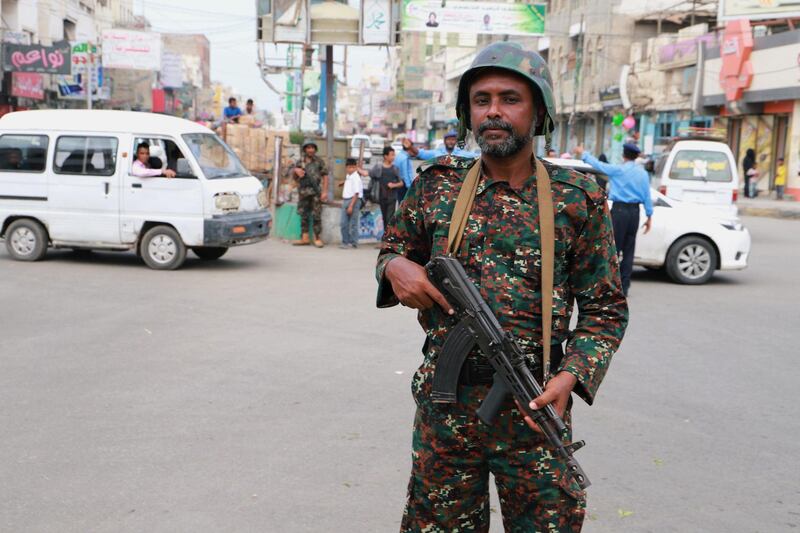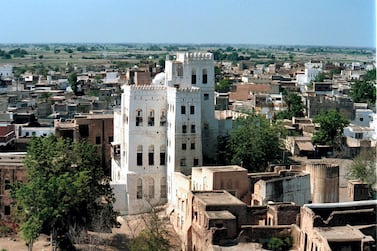The UN Security Council is considering “further measures” against any party that violates the Hodeidah ceasefire in Yemen after a deadly attack and other violence in recent days.
A draft copy of statement from the Council, seen by The National and expected to be published later on Friday, indicates growing concern about armed activity in and around Hodeidah.
A ceasefire in the province, agreed at UN-brokered peace talks in Sweden in December, has not yet been implemented, jeopardising hopes of progress toward a political settlement after almost four years of war.
The UN said nine civilians were killed and at least 13 wounded earlier this week in attacks in Hodeidah and in Hajjah province.
Eight of those fatalities occurred when Houthi rebels shelled a market in southern Hodeidah. An attack on pro-government forces launched a day later in eastern Hodeidah was foiled, commanders said.
The council statement reiterates support for the Stockholm Agreement that formally brought the ceasefire into effect on December 18 but it stresses “the critical importance of the parties implementing those commitments without delay for the sake of the Yemeni people”.
A meeting between Yemeni government officials and representatives of the Houthis took place on February 16-17, after which the UN said both sides had agreed to withdraw their forces from the three main ports in Hodeidah in a two-phase operation as part of the long-delayed truce.
Martin Griffiths, the UN Secretary General's special envoy for Yemen, told the Council earlier this week that the redeployments were imminent but a slower timetable since released suggests it will take around two weeks.
Phase one stipulates that rebel fighters must withdraw from the ports of Hodeidah, Saleef and Ras Issa. In phase two, forces of the Arab-led coalition that backs Yemen's government must leave the eastern outskirts of the city. The time lag has added to potential for further violence.
“The members of the Security Council expressed concern at continued reports of violations of the ceasefire,” the draft statement says, referring to UN resolutions 2451 and 2452 on Yemen.
“They called on the parties to seize this opportunity to move towards sustainable peace by exercising restraint, de-escalating tensions, honouring their commitment to the Stockholm Agreement and moving forward with its implementation.
“They recalled their request to the Secretary-General to report on non-compliance, by any party, and noted their readiness to consider further measures against those obstructing implementation of the Stockholm Agreement.”
Hodeidah, which has been under rebel control, is Yemen's main entry point for desperately needed food, medicine and other aid for civilians. The ceasefire – which does not apply to the rest of the country - was meant to provide an opening for aid to be delivered to Yemenis. Some 80 per cent of the population is suffering from food poverty.






